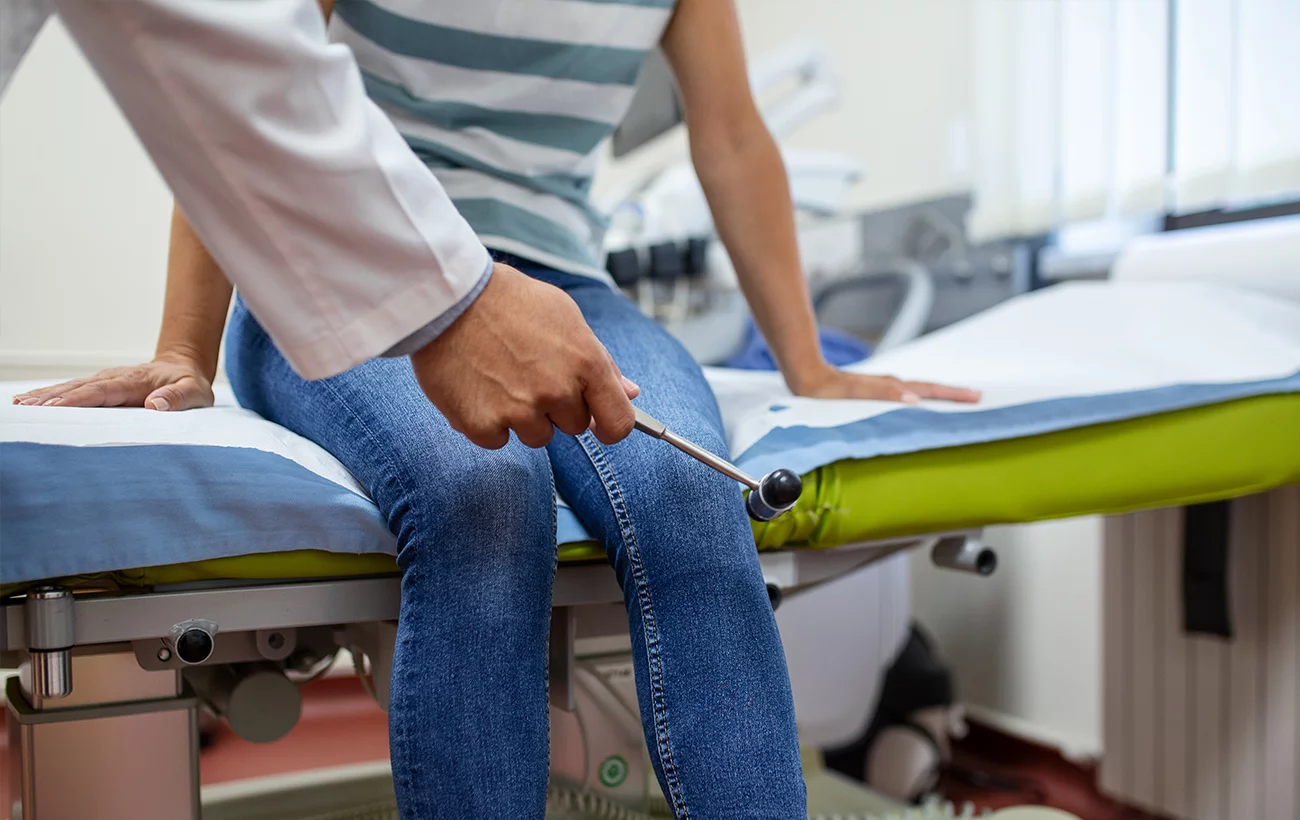How Music Therapy Can Benefit Stroke Patients In The Recovery Process?
.png)
Recovering from stroke and paralysis is a long and challenging process. A stroke survivor should undergo rehabilitation techniques such as physical therapy or (physiotherapy for stroke paralysis), speech, and occupational therapy. Besides these, music therapies can be a powerful addition that can significantly improve motor functions, language recovery, cognitive functions, and other psychological hardships.
Music therapy uses music, rhythm, and beat to retrain the brain. The process involves listening to musical tunes, singing, and playing musical instruments. This is great for stroke survivors because of neuroplasticity, the process of rewiring the brain, and is the central aspect of recovery. Music can create a stimulating environment that positively affects the different parts of the brain at once.
Music therapy has various benefits to a stroke survivor, especially when it is incorporated into another rehabilitation regimen such as speech, physical and occupational therapies. See the list below.
1. Helps improve motor skills. This is the body's ability to manage its limbs' use in performing specific tasks.
Music therapy can be useful in improving motor skills such as sitting, standing, and walking. That is because of the strong connection between movement and music.
When music is used during gait training, survivors can improve their walking ability. Try playing familiar music with a strong beat and allowing the patient to walk in time with the beat. It may help them walk further and faster than they could do without music.
Additionally, the music may also fix their even gait.
2. Helps improve speech. Some survivors experience aphasia after a stroke. Aphasia is a disorder that affects the patient's ability to process language and limits the capacity to speak, read or write. Music therapy allows survivors to communicate, speak clearly, and process language.
When stroke survivors listen to and sing during their music therapy sessions, they create new connections around their speech centers that were injured by stroke. Eventually, they can speak normally again as these new connections allow them to do so.
3. Helps improve cognitive functions. In addition to the above, music therapy activates multiple parts of the brain, which can help patients recover their lost mental abilities, including learning, thinking, remembering, reasoning, and problem-solving.
When it comes to emotions music therapy has also been proven to affect emotions positively. Because music can hold and direct a patient's attention, it can help a patient avoid having a negative mood, thus enhancing cognitive recovery.
Here are the other psychological care benefits of music therapy for stroke patients.
4. Post-stroke depression. After a stroke paralysis, music therapy can help reduce the feelings of depression, which is a result of a low level of a neurotransmitter called dopamine,
Dopamine at the right level can allow a patient to feel pleasure, motivation, and satisfaction. When a patient listens to music, their brain releases dopamine so they become motivated and in a good mood.
5. Post-stroke anxiety. Corticol, a stress hormone, can cause anxiety symptoms, and music therapy can reduce this corticol to relieve anxiety. Even if the patient is in the acute stages of rehabilitation, listening to music, or even singing with the tune, can reduce the level of corticol.
Returning to a normal state of health, strength, and mind after a stroke can be difficult. Still, many stroke survivors have found music therapy to be a solution to hasten their rehabilitation process. Music is a powerful tool that inspires patients to improve and strengthen their motor, cognitive, and speech skills. The right tunes can move them emotionally and physically. Music therapy is also a way to make rehab sessions fun. Combine it with traditional therapies, and you can see its amazing and lasting effects on the lives of stroke survivors.
Do you or someone you love have stroke paralysis? Are you interested in improving their speech, movement, and mental skills? If you are, please check out the Mission Walk Therapy and Rehabilitation Centre website today. You may schedule your free consultation with us, also. Our customer service staff will try to resolve your problems as much as possible and, if not, will refer you to the concerned physiotherapist so that you can fully clear your doubts and decide on your course of treatment.


Comments
Post a Comment